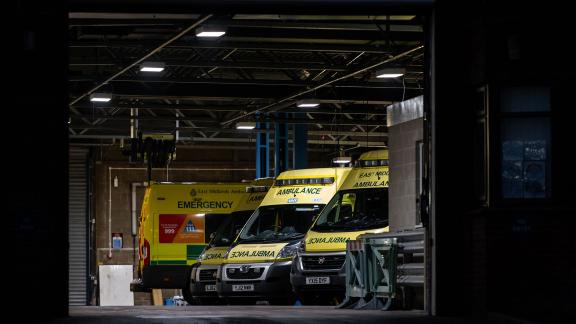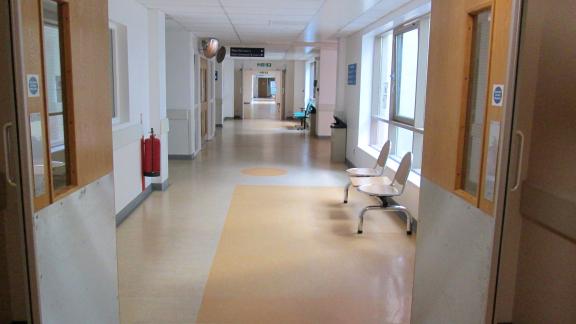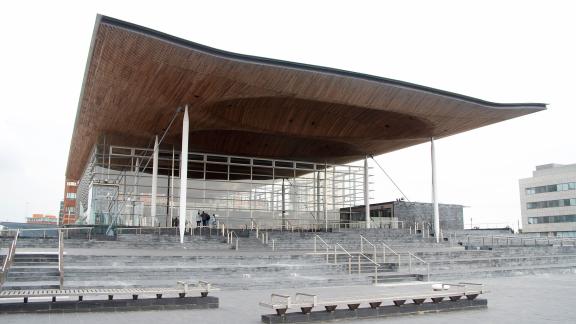Exceptional winter pressures hamper monumental efforts of NHS staff

- In January there were 5,009 red (life threatening) calls to the ambulance service, 13.9% of all calls. An average of 162 immediately life-threatening calls were made each day, 13 less than in December, but still the third highest on record.
In January, although 48.8% of red calls received an emergency response within eight minutes, the number of patients to receive a ‘red’ (life-threatening) ambulance response in eight minutes was the second highest on record, with an average response time of 8 minutes and 11 seconds.
- In January around 27,000 hours were lost due to handover delays.
- The target for 97% of patient pathways waiting less than two years by 2024 was narrowly missed by 0.03%, with almost all health boards hitting the target.
- In December, the number of patient pathways waiting for both diagnostics and therapies decreased slightly.
Responding to the latest NHS activity and performance statistics in Wales, assistant director of the Welsh NHS Confederation Nesta Lloyd-Jones said:
“As was to be expected given the exceptional pressures experienced in the peak winter months, the NHS’ performance took a hit in several areas in December and January, including the overall waiting list.
“Despite the exceptionally challenging environment, and in some areas the highest levels of demand on record, the monumental efforts of staff mean some services continued to see improvements. For example, the number of people waiting the longest for treatment continued to fall in December. This is an incredible feat given the circumstances.
“However, it’s inevitable that any progress made to bring down waiting lists will be hampered by January and February’s junior doctor strike action, given the significant proportion of planned care postponed and rescheduled to maintain patient safety.
“As highlighted last month, winter planning started earlier than ever this year, but good planning alone is insufficient to ensure the NHS can perform to the best of its ability. Without significant capital investment to improve NHS estates and infrastructure, a whole-nation approach to improving health and wellbeing and significant changes to social care funding and provision, there’s only so much progress NHS leaders can make.”


